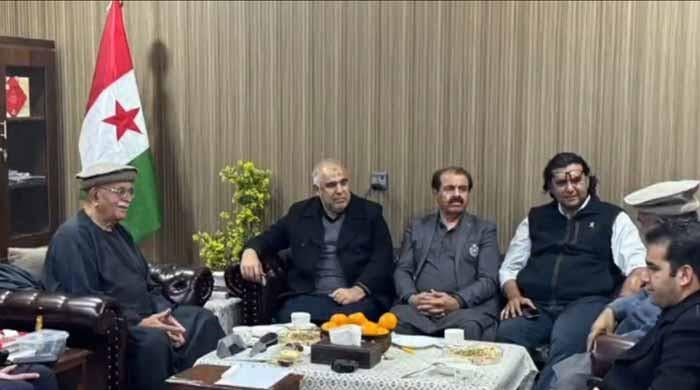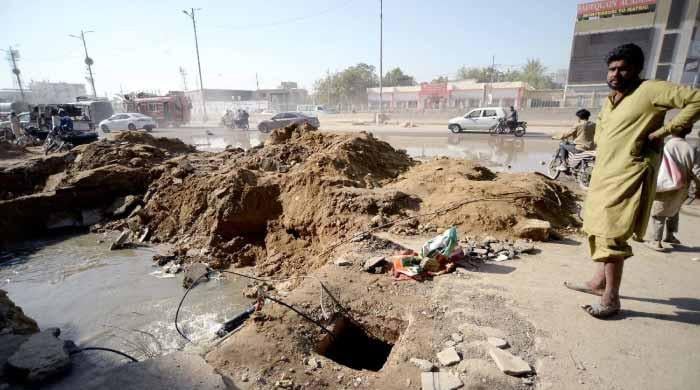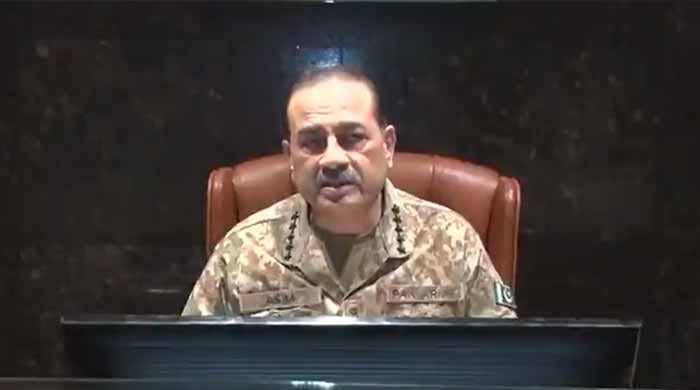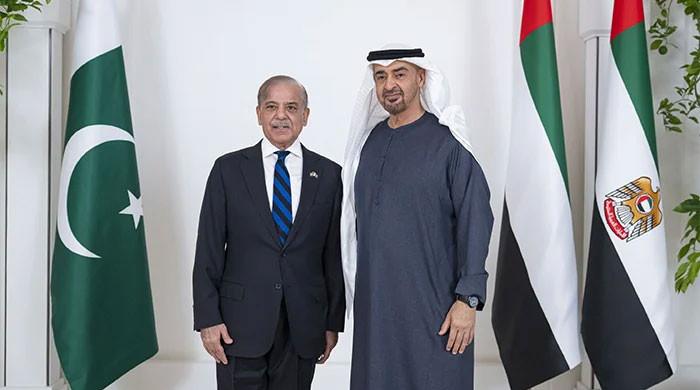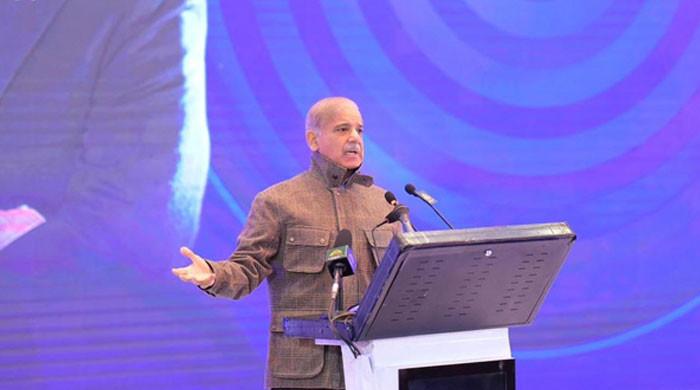Kishenganga, Ratle projects: Neutral expert to hear Pakistan-India water dispute today
Two-day proceedings will address diplomatic tensions surrounding both projects
September 10, 2024
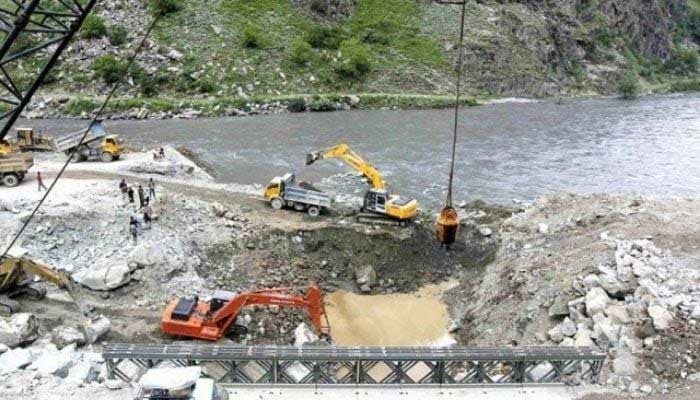
- Proceedings will take place from Sept 10 to 11.
- Both neutral expert, PCA are listening to projects.
- Diplomatic tensions will be addressed in hearings.
ISLAMABAD: Pakistan and India are set to face off on Tuesday at the neutral expert forum over the controversial designs of 330-MW Kishenganga and 850-MW Ratle hydropower projects in The Hague.
The two-day proceedings, scheduled for September 10 to 11, will address the diplomatic tensions surrounding the projects, particularly the impact of the Kishanganga Hydroelectricity Project on downstream water availability in Pakistan.
The Kishanganga Hydroelectric Power Project has also been a point of contention between India and Pakistan, The News reported.
Pakistan’s delegation is headed by Federal Secretary of the Ministry of Water Resources Syed Ali Murtaza. It comprises Pakistan Commissioner for Indus Waters Syed Muhammad Mehr Ali Shah, top officials of Attorney General Office and Law Division, National Engineering Services Pakistan (NESPAK) along with the international team of lawyers hired by the government of Pakistan.
Both the international forums — the Permanent Court of Arbitration (PCA) and the neutral expert are listening to the Kishenganga and Ratle hydropower projects that India is building on Pakistan’s rivers — Jhelum and Chenab, but India wants neutral expert to decide the case.
Pakistan wants the Permanent Court of Arbitration to decide the case. However, the World Bank had formed a Permanent Court of Arbitration (PCA) and neutral expert (NE) to decide. Pakistan is attending both forums, but India continues to boycott the Permanent Court of Arbitration.
In July 2023, the Permanent Court of Arbitration rejected India’s six objections including the jurisdiction of the Court of Arbitration to listen to the case. It declared that the court is competent to consider and determine the disputes outlined in Pakistan’s Request for Arbitration. And it reserves for further consideration and directions all issues not decided in this award.
However, during the latest proceedings in July 2024 by the Permanent Court of Arbitration, Pakistan requested to address the interpretation and application of the Indus Waters Treaty to certain design elements of Indian run-of-river hydroelectric projects. The NE earlier met on February 27-28, 2023, to finalise the rules of procedures on how to advance the legal fight on the designs of both projects.
Pakistan has raised three objections to the Kishenganga project’s design saying that the project’s pondage of 7.5 million cubic metres is excessive and it should be one million cubic meters. Pakistan also wants India to raise intake by up to 1-4 metres and also raise the spillways to nine metres high.
On the issue of the Ratle Hydropower plant, Islamabad raised four objections. It wants India to maintain the freeboard at one metre; whereas, India wants to keep it at two metres. In addition, India wants to keep the pondage of 24 million cubic metres but Pakistan wants it to be restricted to eight million cubic metres. Pakistan also wants the intake of the project to be raised by up to 8.8 metres and its spillways should be raised by up to 20 metres.
The 850MW Ratle Hydropower project, if constructed under its existing objectionable design, will reduce a sizeable water flow of the Chenab River at Head Marala, which will be detrimental to the irrigation in central Punjab of Pakistan.




